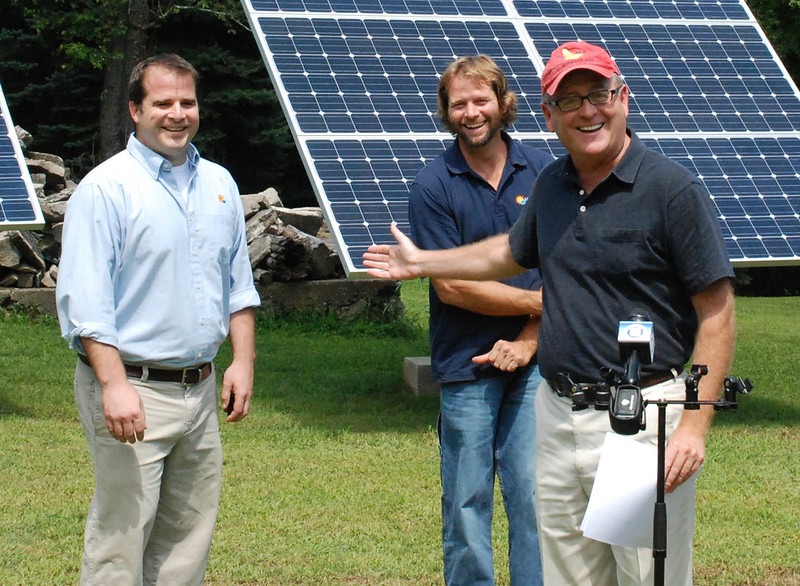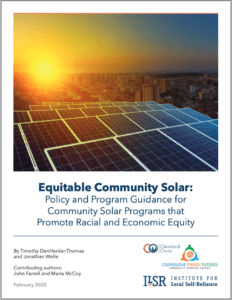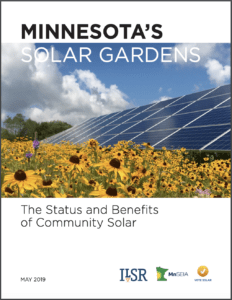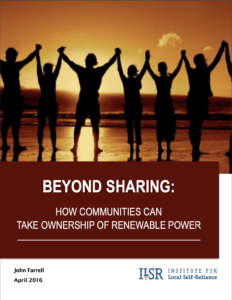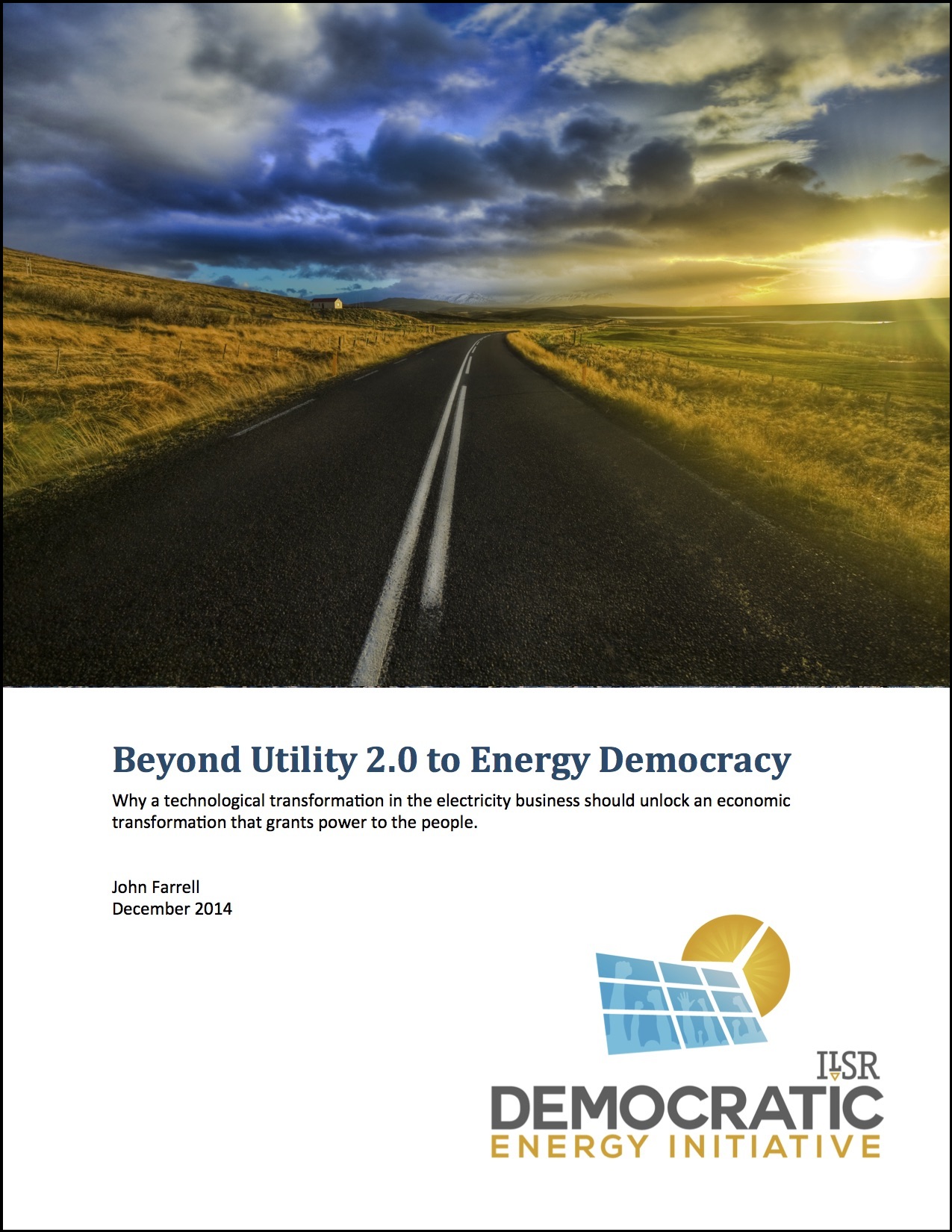The Connecticut Legislature established the Shared Clean Energy Facility Pilot Program (SB 928) in 2015. The program was limited to six megawatts. In 2019, the legislature expanded the pilot into a full program (Public Act 18-50) with a cap of 25 megawatts per year. Shared clean energy facilities include many types of technology, including solar.
Residents or businesses can purchase a subscription to a shared clean energy facility to overcome common barriers to on-site energy generation. The program’s objectives are to expand clean energy deployment, promote equitable participation for low- to moderate-income users and to support economic opportunities in order to minimize costs for electric customers.
Each shared clean energy facility must have at least 10 subscribers. Installations may produce from 100 kilowatts to 4,000 kilowatts of power and ten percent of facility output is reserved for low-income subscribers.
Program details from Department of Energy and Environmental Protection.
Watch the top state community solar programs progress in our Community Solar Tracker.
Check back soon for more detail about the Connecticut community solar program.
For more on solar in Connecticut, check out these ILSR resources:
Learn more about community solar in one of these ILSR reports:
For podcasts, videos, and more, see ILSR’s community renewable energy archive.
This article was originally posted at ilsr.org. For timely updates, follow John Farrell on Twitter or get the Energy Democracy weekly update.
Featured photo credit: CT State Democrats via Flickr. (CC BY-NC-ND 2.0)



